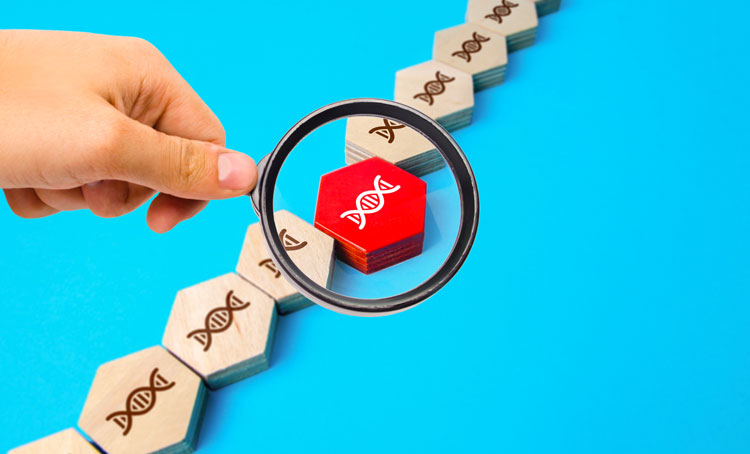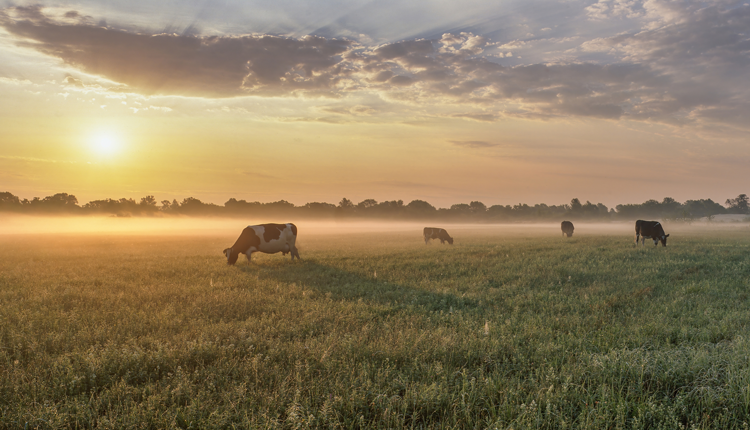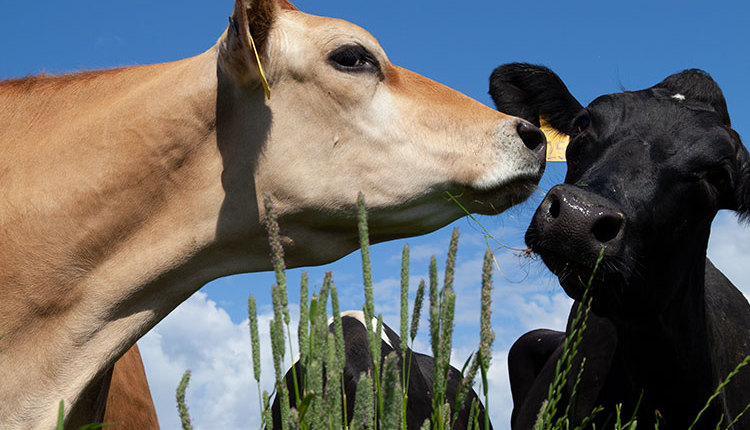
Healthy cows are the cornerstone of sustainable dairy farming.
Yet, there is a lack of research — especially in the U.S. — to support how a herd of cows with high health due to quality genetics can help reduce a farm’s environmental footprint.
We know cows are not genetic equals. Some produce more milk, some have better reproductive performance, and some are less susceptible to disease. Zoetis has done work that shows cows with superior genetics are more productive, have a reduced greenhouse gas (GHG) intensity per gallon of milk produced, need fewer antibiotics, and are more profitable than cows with inferior genetics.
But what can we learn from a genetics perspective to further strengthen our industry’s longtime commitment to planetary health? Can a herd of genetically superior cows help farmers further lessen their GHG impact?
This was the premise of a discussion our Dairy Management Inc. (DMI) environmental research team had with Zoetis more than a year ago. Both organizations agreed a gap existed in this area and more could be accomplished through collaboration with Zoetis funding research crucial to this effort.
Soon after, we began using the Ruminant Farm Systems (RuFaS) model to study actual farm data that enabled us to better understand the connection between high health herds and farm sustainability. RuFaS involves dairy researchers from across the country focused on modeling the environmental impact of dairy farms. It will be an important tool of the Farmers Assuring Responsible Management (FARM) program managed by the National Milk Producers Federation (NMPF).
The NMPF board of directors recently announced their recommendations for Version 3 of FARM Environmental Stewardship (ES), launching in 2024. They identified further development of RuFaS by trialing with farms nationwide and incorporating the model into FARM ES to help meet industrywide environmental stewardship goals.
DMI’s work with Zoetis is a key step in this area with a goal of offering farmers the latest science and best management practices available. We are studying real farm data, comparing cows with high genetic potential with animals of lower genetic potential, and analyzing how this affects farm environmental sustainability.
Ultimately, we want to produce peer-reviewed, published research that proves the importance of animal health and genetics and provides farmers with the proof points of the impact that disease and poor health have on sustainability outcomes. The Food and Agriculture Organization of the United Nations reports that 20% of animal production losses are linked to animal disease. We know the U.S. is a leader in animal health and genetics and we know our work can illustrate that healthy cows are not only good for a farmer’s bottom line but are better for the environment.
DMI and Zoetis scientists believe genetics hold untapped potential for enhanced sustainability. Farmers are expert managers of their dairies, and if we can offer them additional insights that help their herds and achieve their operations’ environmental goals, we will strengthen the definition of sustainable dairy farming.







